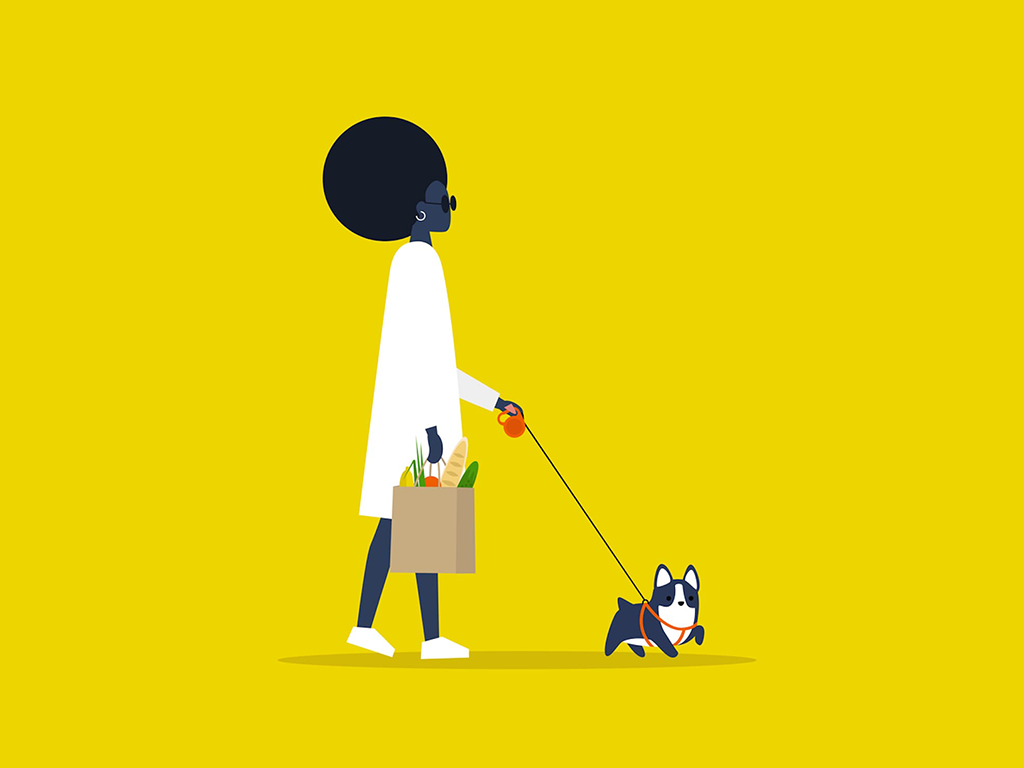Growing up in small town Pennsylvania, I didn't meet many people who lived the childfree existence that I envisioned for myself. In desperate need of a role model, I grasped onto any TV character I could find. It wasn't until I found Cristina "single malt Scotch" Yang (Sandra Oh) from Grey's Anatomy that I felt truly seen. Cristina is a brash character who is wholly dedicated to her job, but she isn't some misopedic cunt with ice running through her veins. She cares about people, especially Meredith (Ellen Pompeo), and over 10 long seasons, learns how to value vulnerability instead of considering it a weakness. Watching Cristina declare, "I don't want to be a mother," with zero justification or hostility was revelatory. Up to this point, every character I encountered was essentially one of three stereotypical archetypes: smug asshole, unfit for motherhood, or obsessive workaholic. Childfree women deserve more Cristina Yangs and less parochial bullshit.
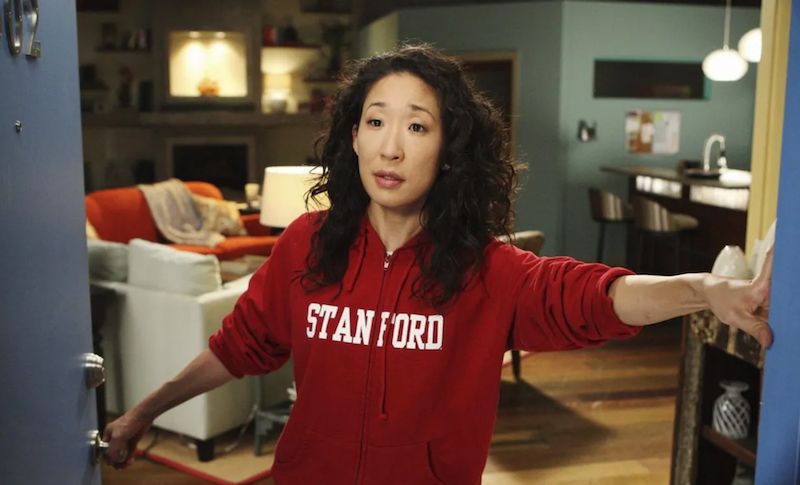
The smug asshole archetype believes that her life is far superior to the boring, gross, sticky existence of parents. Who better embodies this vibe than Samantha Jones (Kim Cattrall) from "Sex and the City"? During its TBS rerun period, my mom and I became obsessed with "those 4 girls talking dirty." None of the main characters had kids during the first 3 seasons and it felt like a refreshing perspective on life after 30. While Carrie (Sarah Jessica Parker) was more firmly on the fence until the second movie, Samantha always made her disinterest in children clear, often at the expense of mothers – current and future. To their credit, Miranda (Cynthia Nixon) and Charlotte (Kristin Davis) were generally nonplussed by her openly hostile attitude. It was occasionally a point of contention but generally dismissed as Samantha being Samantha.
There are many examples of her shitty behavior, including one episode (S1E10) where she brings a bottle of scotch to her friend Laney's (Dana Wheeler-Nicholson) baby shower and then promptly throws herself an "I don't have a baby" shower. When Charlotte tells her that she and Trey (Kyle MacLachlan) are trying to get pregnant, Samantha immediately asks why, eyes wide with horror/confusion (S4E6). My favorite is when Miranda (Cynthia Nixon) struggles to manage life post-Brady and Samantha's response is basically like, "sucks to be you." It's not until Carrie nudges her into showing a shred of decency that she arrives at Miranda's apartment to babysit, eventually saving the day with her Sharper Image "back massager" (S5E6). Samantha has immediate disdain for parents whether they've done anything to deserve it or not.
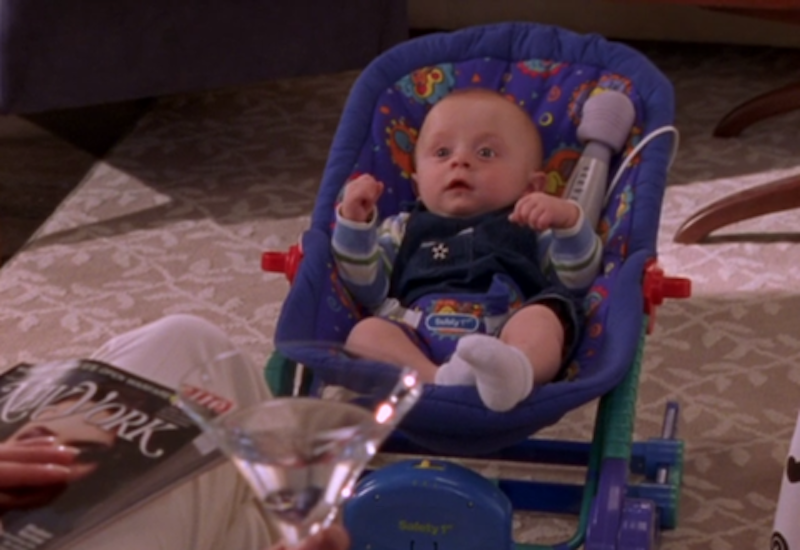
Another one of these smug asshole types is Jennifer Barkley (Kathryn Hahn), Bobby Newport's (Paul Rudd) cutthroat campaign manager on "Parks and Recreation." Although more complex than she initially appears, Jen firmly belongs to the "I hate children" camp and is often used for comedic relief. In S7E7, Ben and Leslie neglect to answer Jen's calls, so she shows up at their house. Upon hearing a cacophony of child squawks, she informs them, "Ugh, your life is gross. My life is amazing." During a later breakfast meeting, Jen takes one look at Ben and Leslie's tired faces and says, "All those kids keep you up all night? I'm so happy with my choices." She's about as subtle as my cat Eloise, who loves to make eye contact with me before shitting on the carpet.
I certainly share some of Samantha and Jen's negative impulses, but I'm over this cruel, stark antipathy for motherhood. Not every childfree woman hates children and thinks that anyone who has them is a colossal moron. I like hanging out with certain kids more than most adults. Their creativity is infectious and as long as I've had enough coffee, I'm totally down to play at least a few hours of dinosaurs and "spin around until we feel like puking." I would rather listen to a kid rank fruit snack flavors than a 45-year-old man at my office blather on about "solutioning." (Although as my friend Meg says, "I would rather get my IUD changed than listen to fruit snack chatter.") I am not part of the childfree camp who hates all children; I just don't want one of my own.
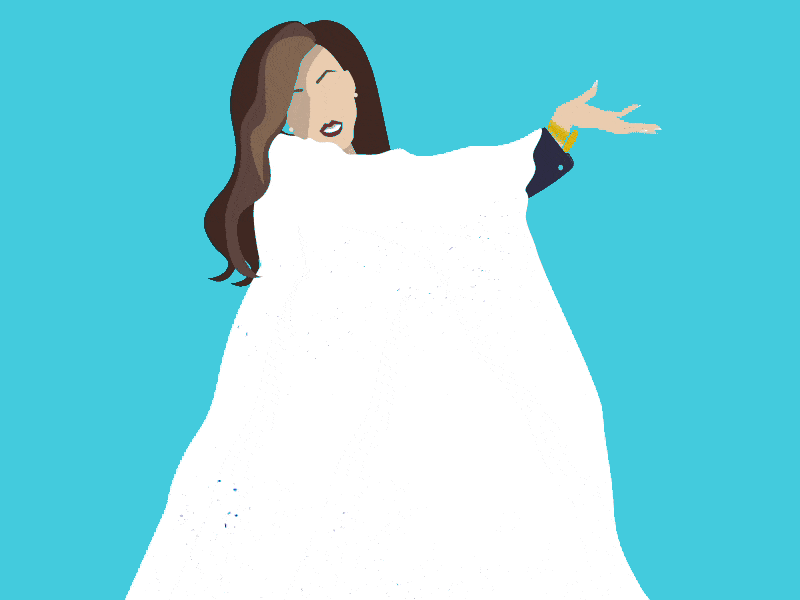
To be clear, there's nothing wrong with disliking children. Kids can be super annoying, emotionally taxing, and "always sticky, like they've got jam on their hands." It's no mystery to me why some people are not fans; however, it is possible to feel this way without fabricating a false sense of superiority over parents. Albeit humorous, this smug attitude does little to advance the positive representation cause. Instead, it creates a false dichotomy between women with children and those without. I wish TV writers would stop assigning value judgments to personal choices made by women. A choice doesn't need to be framed as "better" in order for it to feel validated.
The second archetype, the unfit mother, is given a built-in excuse to help justify any of her unconventional opinions to the viewer. Mary Albright (Jane Curtin), Dick Solomon's (John Lithgow) on-again, off-again girlfriend in "3rd Rock from the Sun" is a good case study for this treatment. Dick, an alien, has zero understanding of human social graces, which gives him carte blanche to treat Mary poorly. His family, also aliens, frequently refer to her simply as "slut" since she has a reputation of sleeping around, often in an attempt to advance her career. She's portrayed as both ambitious and incompetent ... sometimes getting ahead but never on her own intellectual merits. The show gives her a backstory that makes the origins of this behavior clear: her parents were cold, unloving people who treated her like shit and left her with unresolved trauma.
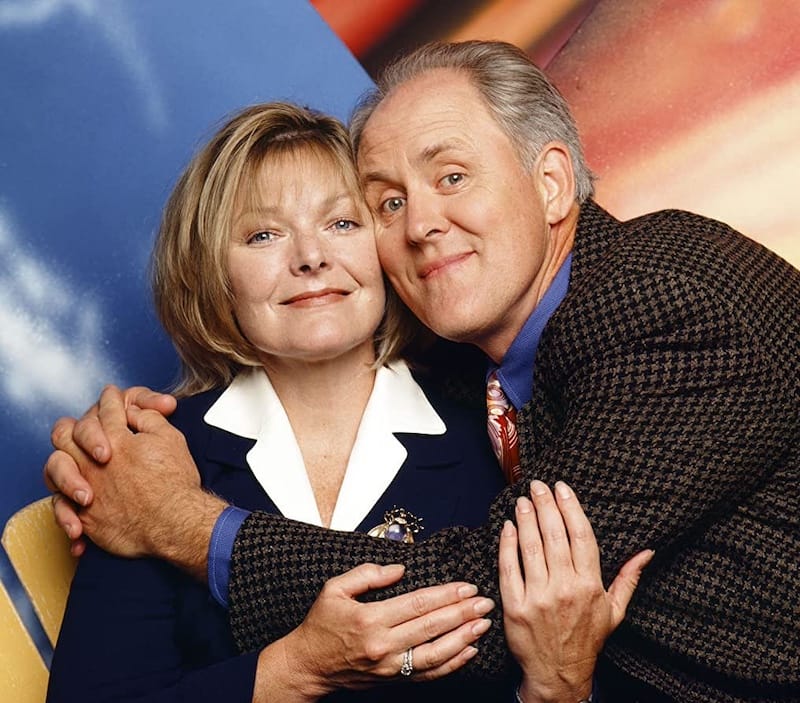
Since the show paints Mary as a relatively fucked up person, it's hard to separate this hatred of children from that damage. Her backstory of childhood neglect gives viewers a convenient way to invalidate unpopular statements like the one above. TV writers love to give female characters a mental illness, horrible childhood, unresolved trauma, or some other personality disorder that justifies their hatred of children understandable. It's more excusable – although still highly stigmatized – for a woman to forgo motherhood because she feels unfit. If a character is given a history of mental instability, viewers have an easy way of rationalizing any unpopular or challenging behavior. This stereotype perpetuates the false idea that there is something "wrong" with people who don't want children.
Another example of this archetype is found on "Seinfeld," a show where every character is a social malcontent with a host of personality disorders. I always liked Elaine Benes (Julia Louis-Dreyfus), the only female character on the show who could have easily been written with a heap of lame gendered stereotypes but isn't. Elaine enjoys casual sex, openly discusses masturbation and female contraception, and always makes sure her opinions are heard. She's a character who isn't afraid of being seen; in fact, she demands to be seen. She's one of my all-time favorites but like every character on the show, she's not exactly a sterling member of society.
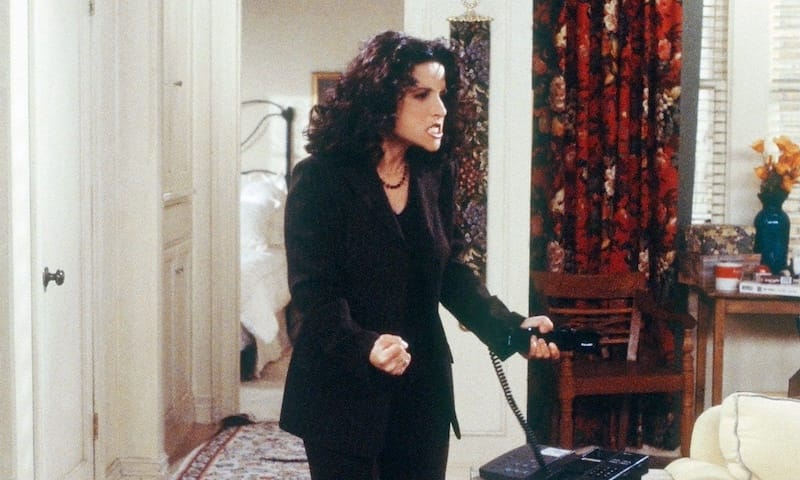
In a great essay on Medium (that has since been deleted), Ashley Kay points out that while Elaine is a beloved, admired character to many, this probably was not Larry David's intention. The show is about "unlikable, selfish people," a mold Elaine certainly fits despite some of her attractive qualities. Kay states,
In Larry’s mind the unlikable woman is promiscuous, loud, vain, angry, bleeding-hearted, assertive, picky, confident, and perpetually unmarried without children. And that’s why she has a lot of sex, stands up to men, and is confident about herself. Not because of feminism.
Of course, we don't really know what David's intentions were, but all empirical evidence leads me to agree with Kay. In the world of the show, Elaine fits right in with the other (male) leads, who are also childfree and plagued with a host of unsavory qualities. The viewer is meant to see them as fucked up, stunted, and narcissistic, not aspirational. In a 2002 interview with the Hartford Courant, David reveals some telling information:
I felt like people who have kids and who are married aren't the ones who really need comedy. You know, it's people who are lonely, who have problems getting dates – those are the people who need, really, to be laughing. People who are successful with kids, what do they need, you know? They're not my first priority.
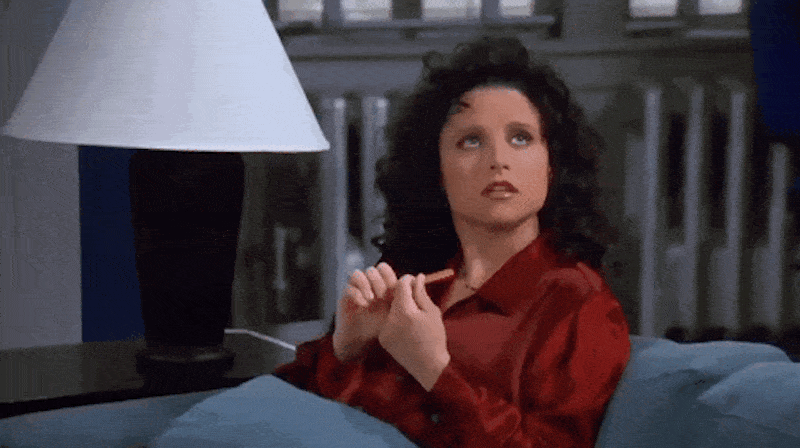
Oh, really, asshole? For the billionth time, we're faced with this weird moralizing that paints parents as happy and fulfilled while single and/or childfree people are lonely and desperate, in need of comedy to brighten their dreary lives. All people are fucked up in some way; it's impossible to make it to adulthood without some damage. Sure, people who choose not to have children might have some personality flaws, but they don't deserve to be portrayed as more troubled than parents by default. It's as if the writers believe that by making these characters unfit in some way, audiences will find their childfree status more acceptable. Again, the message is that there must always be some deep, dark reason for not wanting children.
My most hated childfree archetype is the successful career woman who is so obsessed with work that she doesn't have time for children. This is the one I saw most frequently as a young person and probably the primary reason why I decided to pursue work in a stressful field. Even my soulmate Cristina Yang fits at least partially into this category. It took me far too long to realize that forgoing motherhood didn't relegate me to a life of synergy and climbing an arbitrary corporate ladder. As much as I dream of a more pleasant existence, I have a hard time with the idea of forgoing money in favor of happiness. How will I justify my childfree status if I can't quantify it with a dollar amount? Vice writer Marianne Eloise explains it like this: "If we aren’t caregivers, then we must contribute to society as high-achieving workers."
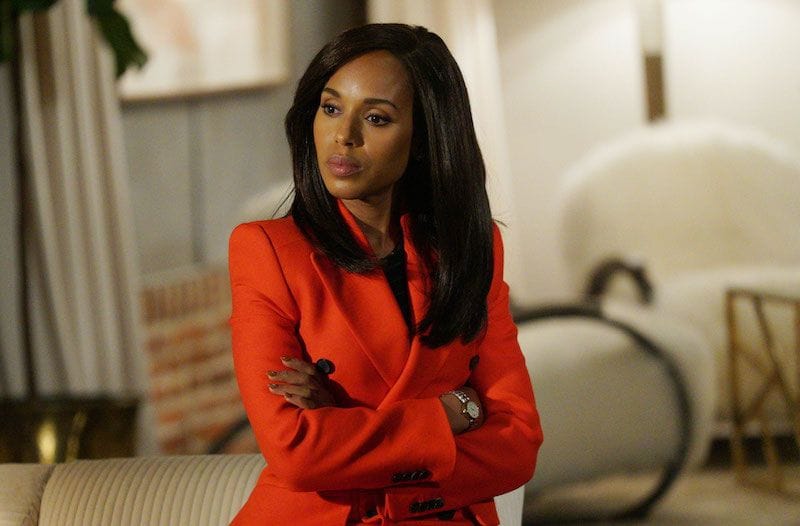
On "Ally McBeal," my quarantine obsession, the titular character (played by Calista Flockhart) frequently laments her single and childfree status. Although she's a successful lawyer who enjoys her profession, life will never be complete without a husband and children. Her similarly positioned colleague Nelle "Sub-Zero" Porter (Portia de Rossi) is Ally's opposite in every way. For Nelle, kids are a roadblock to her end game of making partner at the law firm of Cage & Fish. She has little interest in babies, marriage, or social pleasantries and is happy to clock long hours in pursuit of her goal. In S2E19, she works with John (Peter MacNicol) and Richard (Greg Germann) on a workplace discrimination case and shocks both of them when she reveals that not all women, herself included, want kids. This conversation is only allowed to briefly resonate before the ulterior motives emerge.
By the end of the episode, the writers swiftly begin backpedaling and suggest that Nelle's feelings are the residue of repressed trauma from her parents' divorce. Nelle actually checks all of the childfree female stereotypes: she's smug/cold, damaged, and a workaholic. In the world of 90s sitcoms (and most shows today), women are expected to want it all; if they don't, there must be something deeply wrong on many levels. More often than not, female career obsession is used as a cover for underlying emotional trauma. Again, it's impossible for writers to let childfree desire exist without piling on additional justifications. It's like the writers were afraid that viewers wouldn't accept a proud not-mom career woman, so they added on a dumb scene to couch the impact.
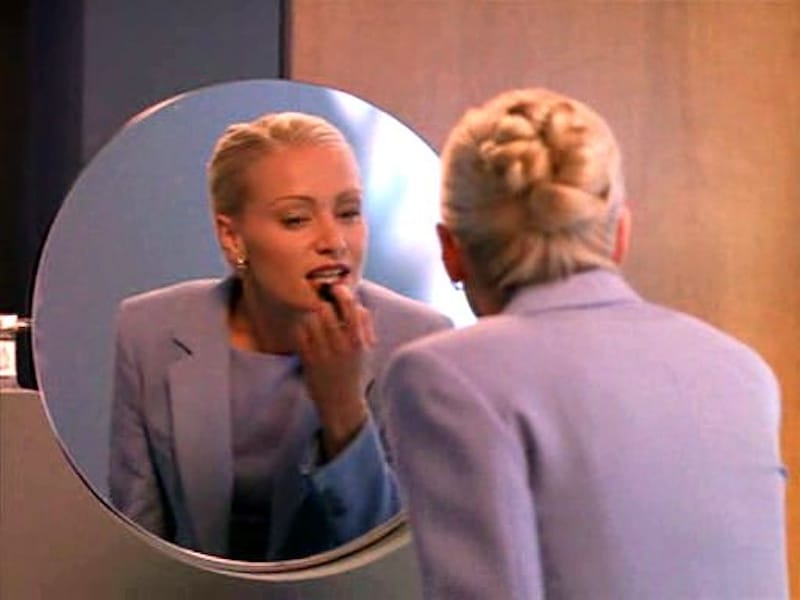
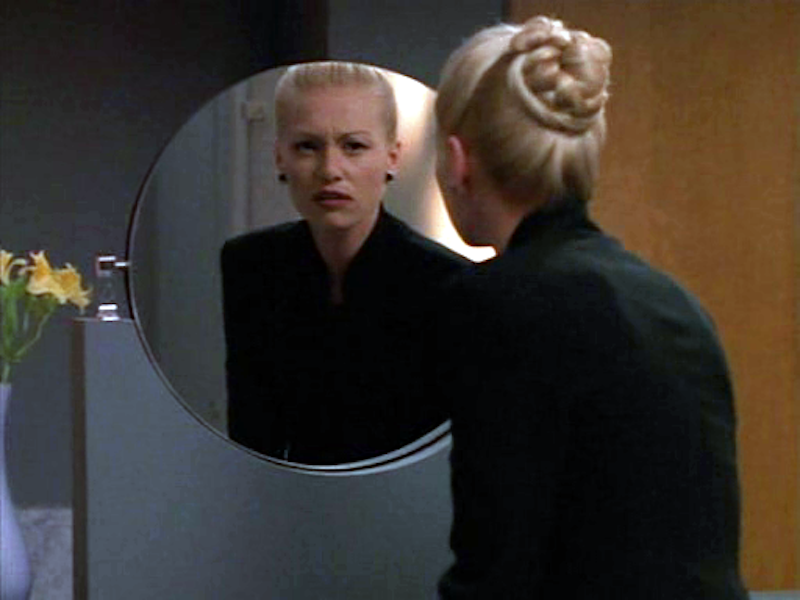
Nelle's hair is consistently flawless, so at least there's that.
"The Closer," a sick day favorite from my youth, features a more nuanced version of Nelle. Brenda Leigh Johnson (Kyra Sedgwick) is the obsessive, intelligent head of the LAPD Major Crimes Division. She's in the final year of her 30s when the series begins and the only living being she has any interest in mothering is Miss Kitty. While the show presents her as someone who is highly skilled at the mechanics of her job, we repeatedly watch her fall short when it comes to soft skills. Aside from her consistent interrogation prowess, she's a bit of a wild card, which makes her feel more like an emotionally unstable basket case than a natural leader. There's an entire menopause storyline (yay!) that feeds into this emotional instability, along with regular disordered eating and perhaps a touch of OCD, suggesting that a woman can't rise through the male-dominated ranks like Brenda without battling some serious issues.
As with Nelle, we see Brenda use work as an excuse for pushing people away and treating them poorly. Her disarming southern accent often makes her cunning ruthlessness more difficult to identify, which Brenda understands and uses to her advantage. While I don't recall any explicitly stated intentions on children, the show makes it fairly obvious that they're not part of her plan. Brenda's relationship with FBI agent Fritz Howard (Jon Tenney) only works because he accepts her desire to prioritize work over everything else without trying to change her. At the end of the series, a tragic event causes Brenda to reevaluate her life and make moves to shift her priorities. The takeaway seems to be that childfree female TV characters can either have mental stability, career success, or a personal life. Anyone who ticks 2+ boxes is probably a witch.
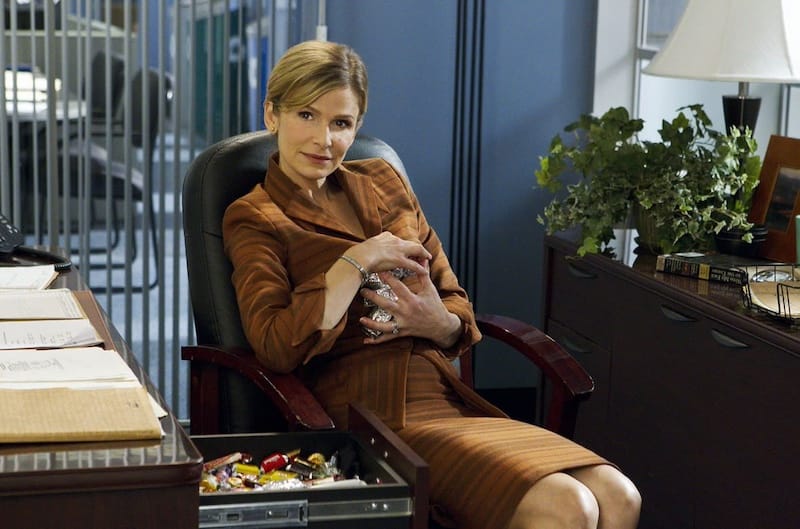
Samantha, Jen, Mary, Elaine, Nelle, and Brenda are all characters that I encountered during my formative years. At this point, you might be thinking that with the rise of Netflix and other streaming services, representation must have improved. I wish I could say that it has, but I'm at a loss for good recent examples. I love Brianna Hanson (June Diane Raphael) from "Grace and Frankie," but she is definitely a smug asshole. Additionally, I fear that the writers are losing sight of her character. If everything goes according to plan with Barry's (Peter Cambor) sperm donation, she will be a pseudo stepparent next season. Diane Nguyen (Alison Brie) from "Bojack Horseman" is not a definitively child free character, but she does have a good abortion storyline in S3. The portrayal of abortion in mainstream media has inarguably improved over the years, but it seems that childfree women are still too taboo for increased positive focus.
Along with better portrayals for childfree women, I also want to see more complex and nuanced storylines for all people. I want to see women who struggle with infertility, trans men who decide to have children (like in "Seahorse"), mothers who struggle with postpartum psychosis, parents who regret their children, people who choose to foster and/or adopt ... all facets of the human reproductive/family experience deserve screen time. I want society to celebrate unorthodox choices. Instead of embracing the hive mind, we would all be better off expanding the possibilities of what happiness might look like. I want ignorant ass people to stop commenting on my life like they have any fucking idea what would be best for me. If one more person tells me that I will eventually change my mind, I am going to lose my shit. Society needs to stop stigmatizing – and start accepting – personal reproductive choices that challenge the norm. Not everyone wants biological children in their life and it's about time we saw that represented on television.
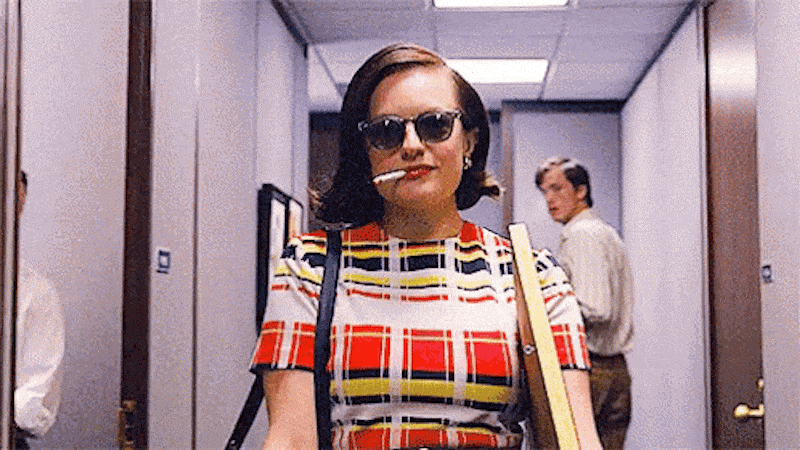
It's worth noting that representation for childfree women of color is extremely lacking. Donna Meagle (Retta) from "Parks and Recreation" just wants to enjoy her Mercedes/the finer things in life sans messy cretins. Or at least, I assume that she does. She's one of the most underdeveloped main characters on the show, so I'm not really sure about her intentions. Nonetheless, she is a relatively positive example of childfree living with zero justifications. Polyamorous Nola Darling (DeWanda Wise) from Spike Lee's TV show version of, "She's Gotta Have It," is another example that I was loath to include because I have some major issues with the way her sexuality is portrayed. I've heard that S2 gets better, but I've only watched the first one thus far. While I certainly haven't watched everything, Shonda Rhimes seems to be the only showrunner at least trying to bring visibility to the CF community. It's often problematic (Annalise Keating, Charlotte King) but she gave us Cristina Yang, so I am forever grateful.

